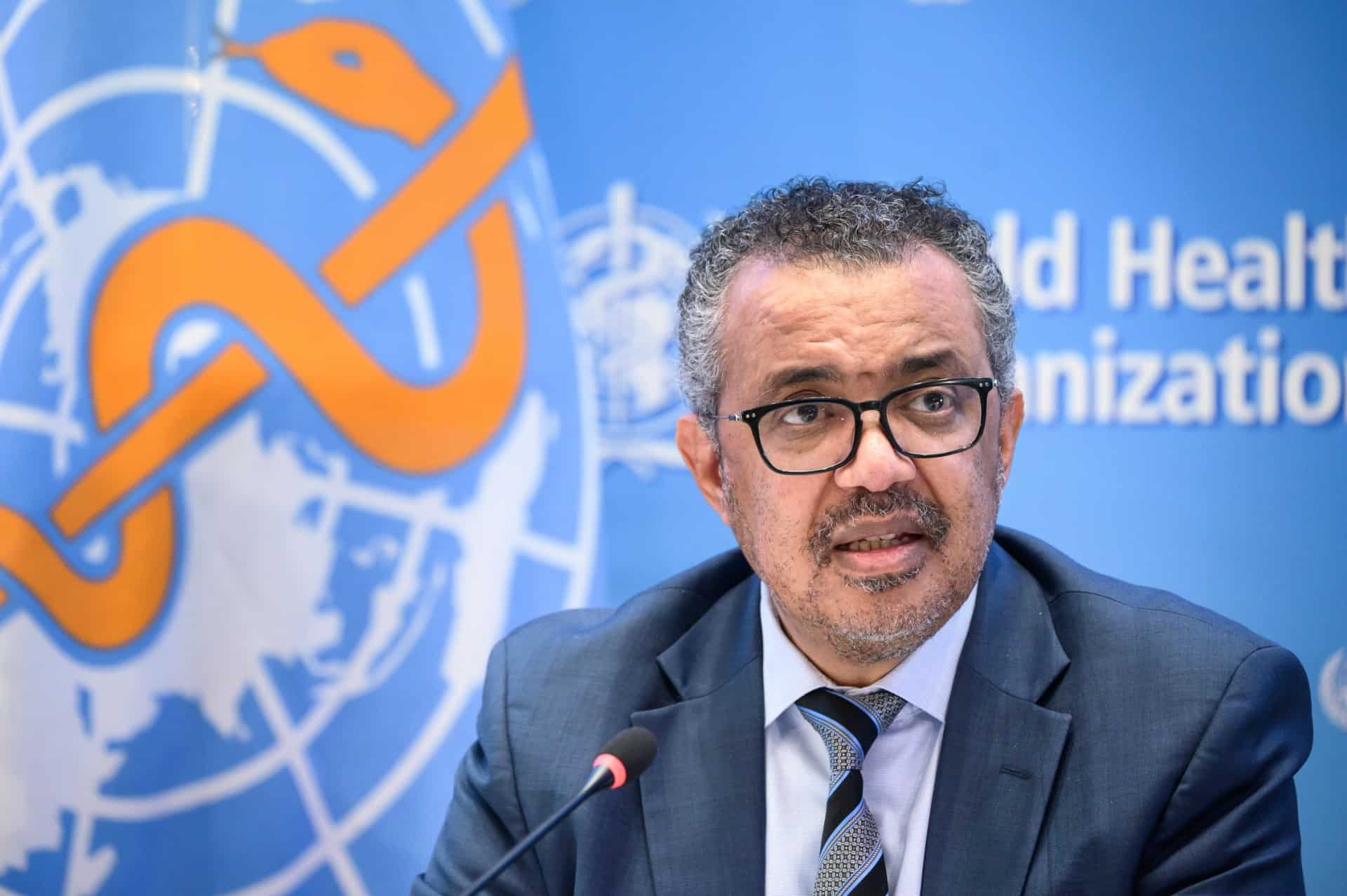GENEVA, SWITZERLAND – The World Health Organization on Monday appealed for US$2.54 billion for its work in 2023 to help millions of people facing health emergencies around the world.
The UN health agency said that it was currently responding to an unprecedented number of intersecting health emergencies.
It pointed to the brutal war in Ukraine and the health impacts of conflicts in Yemen, Afghanistan, Syria and Ethiopia, as well as climate change related disasters like the monster floods that hit Pakistan last year and swelling food insecurity across the Sahel and the Horn of Africa.
And all of these emergencies, it stressed, overlap with the massive health system disruptions caused by the COVID-19 pandemic and outbreaks of other deadly diseases like measles and cholera.
“We’re witnessing an unprecedented convergence of crises that demands an unprecedented response,” WHO chief Tedros Adhanom Ghebreyesus said as the agency launched its appeal.
“The world cannot look away and hope these crises resolve themselves.”
He said the WHO was currently responding to 54 health crises around the world, 11 of which were ranked as the highest-possible level emergency, requiring a broad response.
Jarno Habicht, WHO’s representative in Ukraine, highlighted that the conflict-ravaged country had seen more than 700 attacks on healthcare, including strikes hitting hospitals and ambulances, since Russia launched its full-scale invasion nearly a year ago.
At the same time, massive attacks on critical infrastructure across Ukraine “means healthcare facilities cannot perform their duties” properly, he said, pointing out that they often are working without electricity, heating or water in “very difficult circumstances.”
The many health emergencies are happening as the need for humanitarian aid overall is skyrocketing.
The United Nations has estimated that a record 339 million people worldwide will need some form of emergency assistance this year — up nearly a quarter from 2022.
“Specialized medical supplies and expertise are needed immediately, if we are not to abandon the sick to disaster, disease and death,” said former British prime minister Gordon Brown, who serves as the WHO ambassador for global health financing.
“I want to plead with donors to respond urgently to this emergency appeal to fund vaccines, drugs treatments, equipment and medical expertise,” he said during the appeal event.
“Give hope a shot, inject optimism, inoculate us against more avoidable deaths.”







